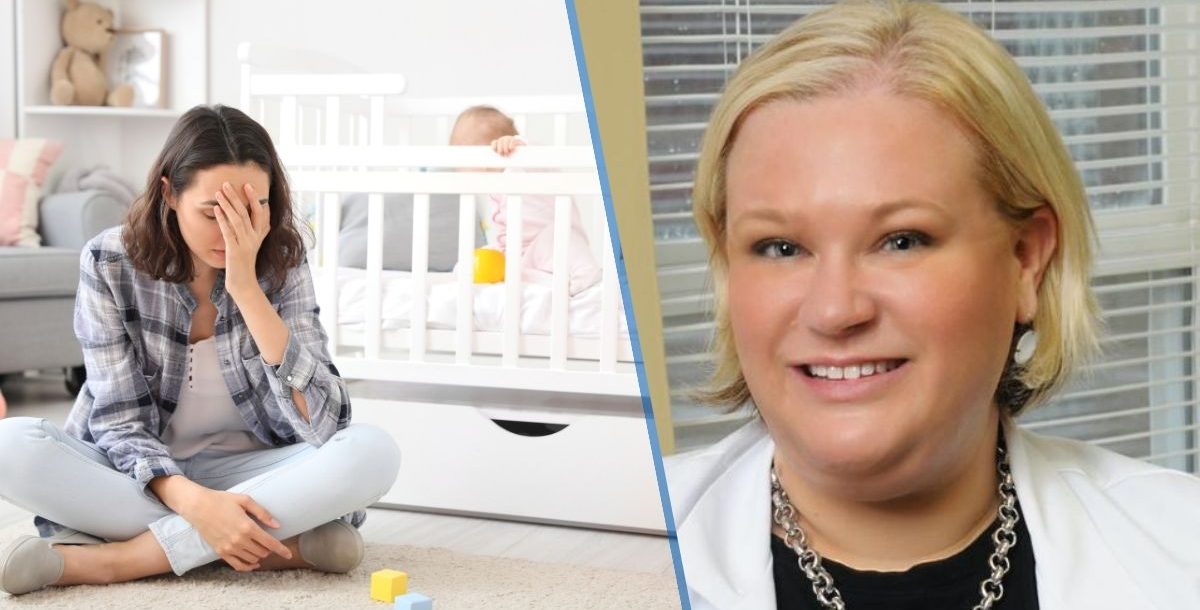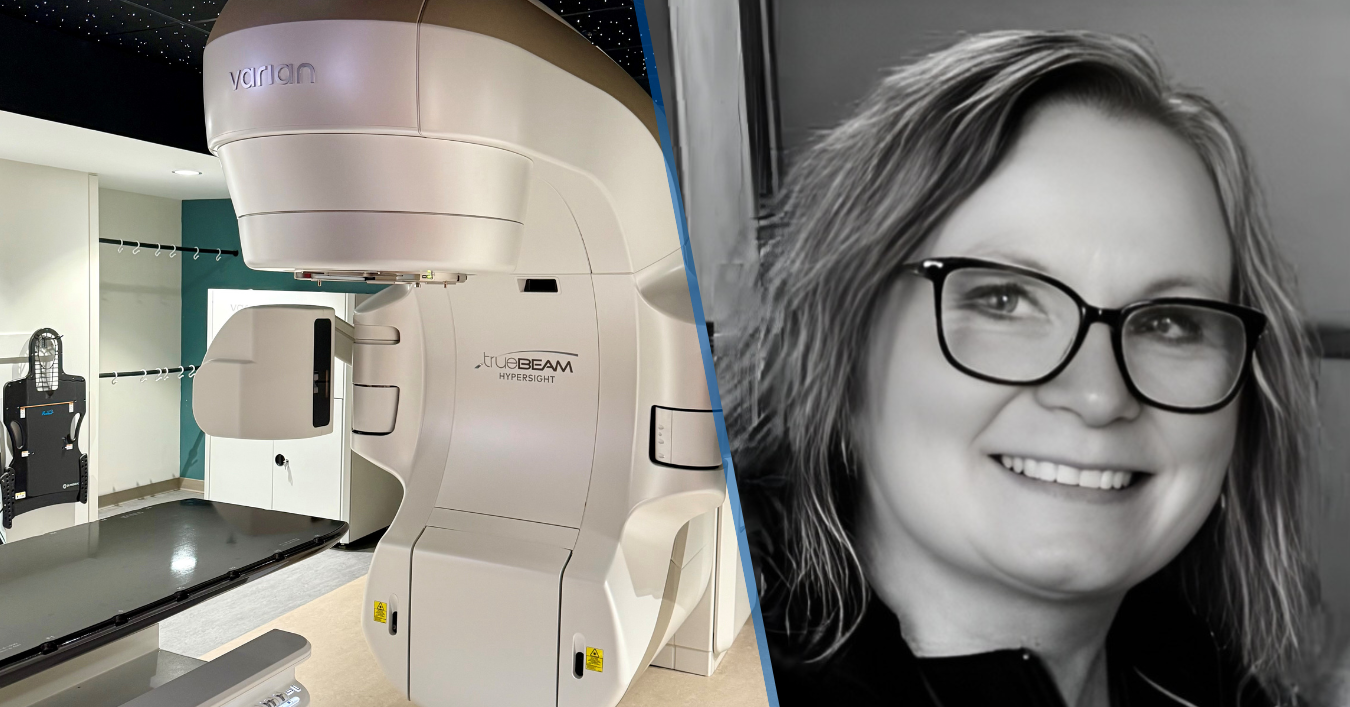If you’re struggling with postpartum depression, you’re not alone. And now, there’s a postpartum depression medication that can help you recover.
Last month, the Food and Drug Administration (FDA) approved the first oral medication specifically for postpartum depression.
This medication, called Zurzuvae, is a pill taken once a day for 14 days and is meant for adults experiencing severe depressive symptoms related to childbirth or pregnancy.
“The exciting thing is that this drug seems to kick in almost immediately,” Jill E. Haltigan, MD, a primary care provider at Mercy Health — Eisenhower Primary Care and Mercy Health — Salem Primary Care, shares. “Even though the course of treatment is 14 days, they’ve seen noticeable improvements in women within the first couple of days.”
Most of us are familiar with the term “baby blues,” as it is very normal to experience emotional struggles after giving birth. This is a time of great physical change when hormones are cycling very quickly, and there are lots of new stresses with raising a baby.
“Crying and anxiety are totally normal,” Dr. Haltigan explains. “But with postpartum depression, we are talking about a mental health condition with more intense symptoms that tend to interfere with a new mom’s ability to go about her daily activities. It includes feelings of not being good enough or feeling like a bad mom.”
Some of the symptoms of postpartum depression include:
- Feeling fatigued
- Feelings of sadness, guilt or hopelessness
- Having physical aches and pains
- Feeling moody, irritable and restless
- Having trouble bonding with the baby
- Withdrawing from friends and family
- In extreme cases, having thoughts of harming yourself or others
“If you have any thoughts of harming yourself or harming your child, call your health care provider immediately,” Dr. Haltigan advises. “You call also 911 or the suicide prevention lifeline at 988.”
She also adds that those who have experienced postpartum depression say it can be as simple as not feeling like yourself, especially when this feeling lasts longer than a few days.
“Also, you might not be the one to notice it,” Dr. Haltigan shares. “It might be family members that come to you and say they have been noticing some concerns recently. So, be sure to listen to the loved ones around you.”
Any advancements we have when it comes to the treatment of mental health are so important. However, there is unfortunately still a stigma for some people when it comes to taking medications for mental health. Mostly, it comes from concerns of how long they are going to have to take it.
“So, the fact that this particular course of treatment is only 14 days is a big win,” Dr. Haltigan explains.
Overall, this medication is very different from the current tools we have to treat postpartum depression. It’s a very exciting development as no one wants to not feel at their best when they are trying to bond with their newborn.
“Hopefully we now have this new option that will serve these women well,” Dr. Haltigan adds. “And as health care providers, we are always here for you and available to talk all of this out to see what is going on with you personally.
Here are also some additional actions you can take to fight postpartum depression and get back to feeling like yourself again.
- Take care of yourself: A new baby gets added on to all the other responsibilities you have in your life. Make sure you are not putting pressure on yourself and getting overwhelmed with other tasks at this time. Also, set aside time for just yourself every week, even if it’s just an hour. Also, eating healthy can help you feel better, too.
- Get outside: Weather permitting depending on the time of year, strap your baby in the stroller and head out for a walk or jog each day. Getting some fresh air will do wonders and exercise is great for mental health, too.
- Bond with your baby: Bonding during infancy is important for your baby’s development. Some ways to bond with your baby include reading books aloud every day, singing and smiling at your baby. Skin-to-skin contact is also important as it relaxes your baby. However, don’t be hard on yourself if the bonding process doesn’t happen overnight. For some parents, it can take weeks or months.
- Lean on your support team: When you have postpartum depression, it’s natural to want to retreat and spend time alone. Resist this urge and ask your friends and family for help during this time. They can help with cooking, cleaning and laundry. Also, make sure you speak with your partner about exactly how you’re feeling and what you’re going through.
- Reach out to professionals: Your health care providers are always available to help. Also, they might have suggestions for a support group you can join for postpartum depression. Getting this kind of support helps you feel less isolated, work through your own feelings and boosts your self-esteem. Overall, don’t be afraid to ask for help.
If none of these tips help, it might be time to talk to your health care provider about treatment options, such as postpartum depression medication.
Again, if you are experiencing suicidal thoughts and behaviors due to postpartum depression, seek help immediately via 911 or the suicide prevention lifeline at 988.
Learn more about the maternity care services and mental health services we provide at Mercy Health.





